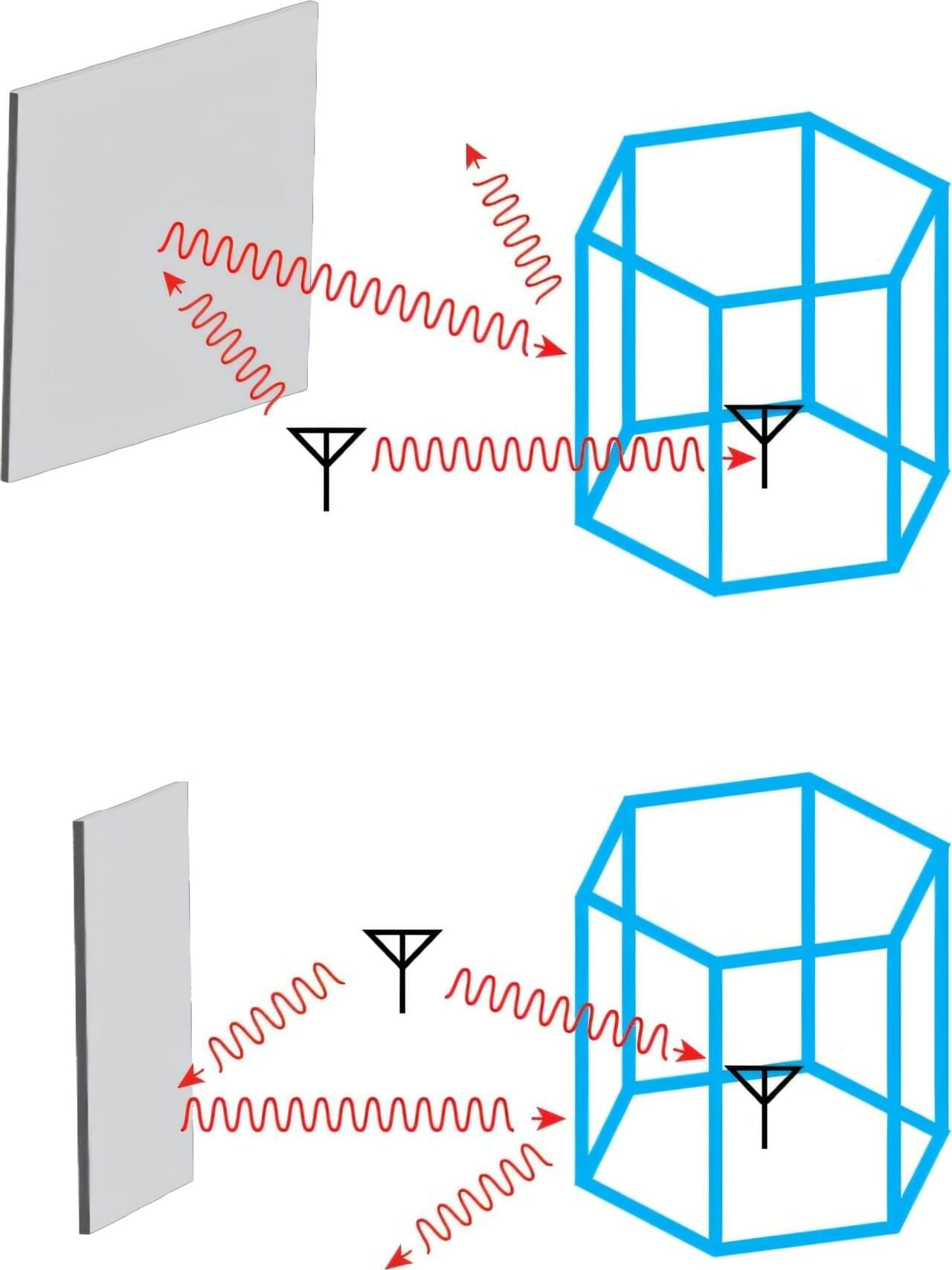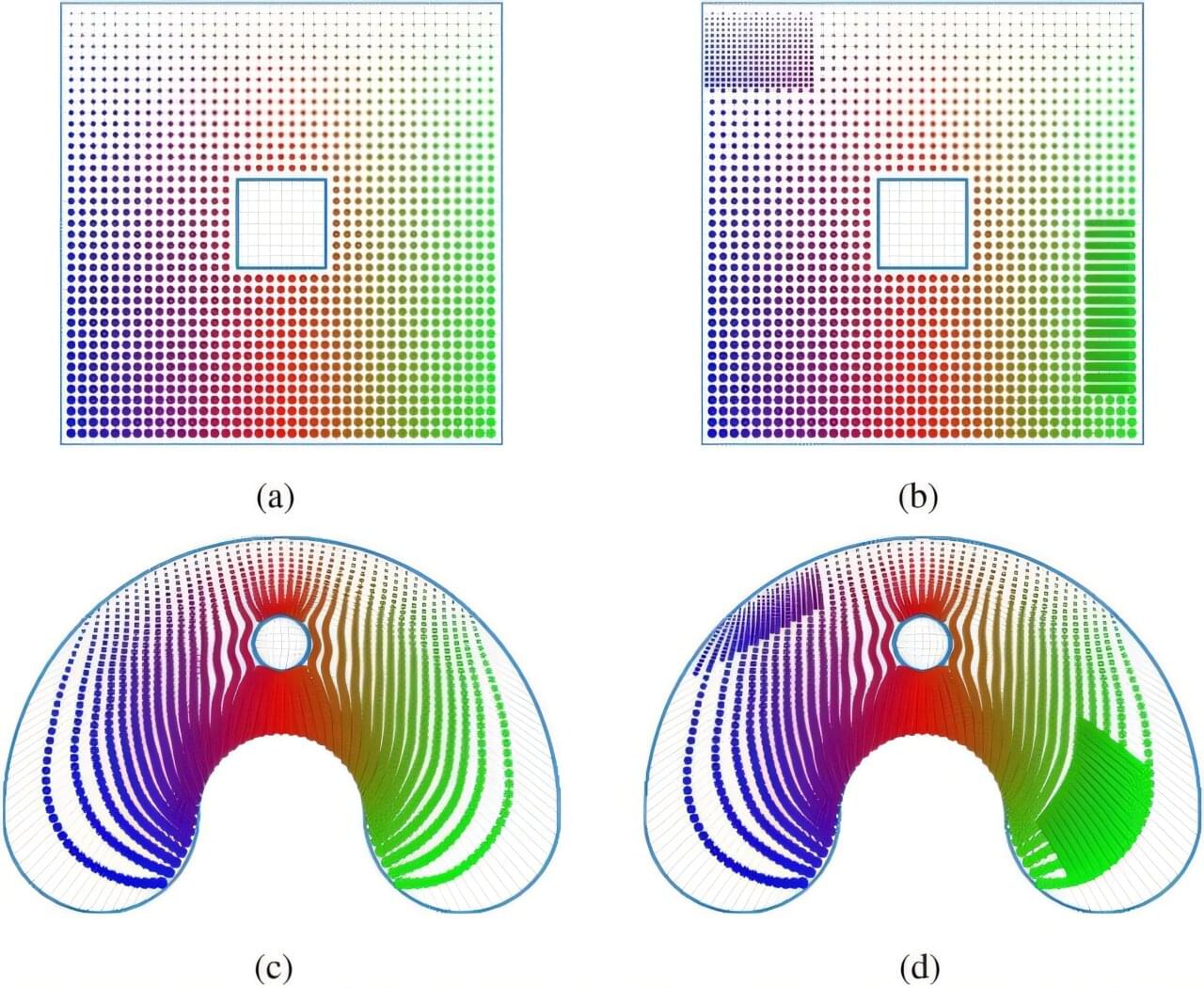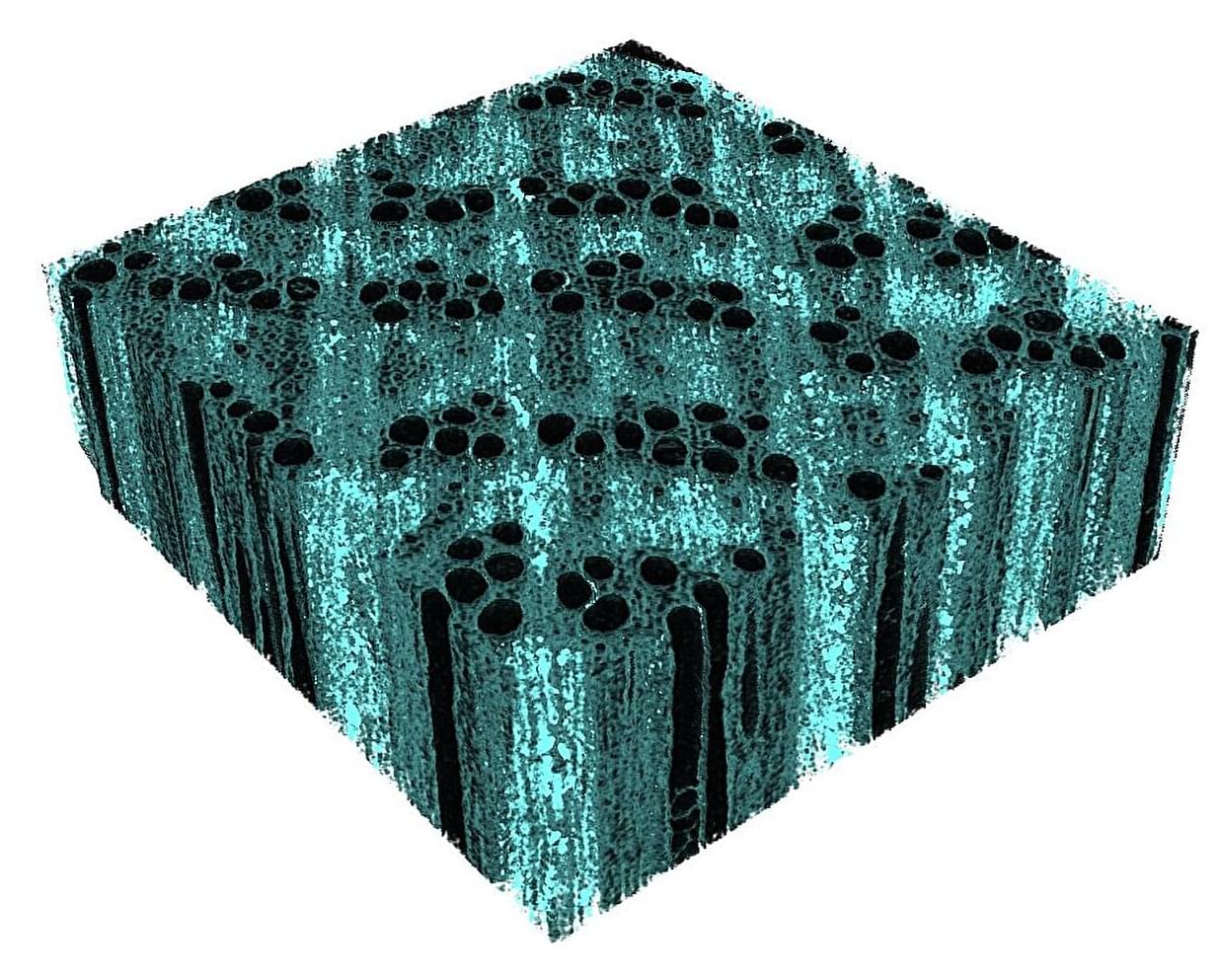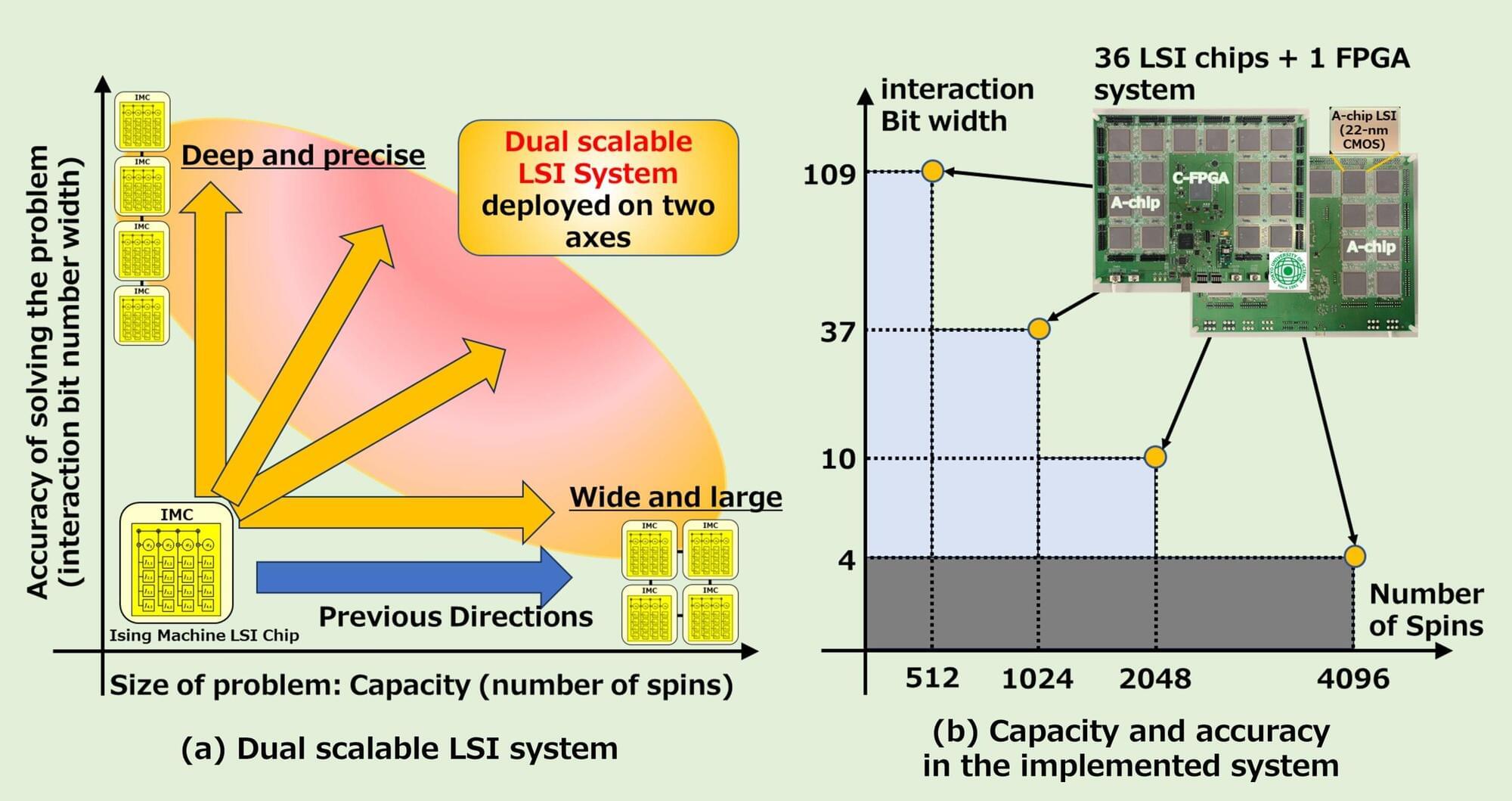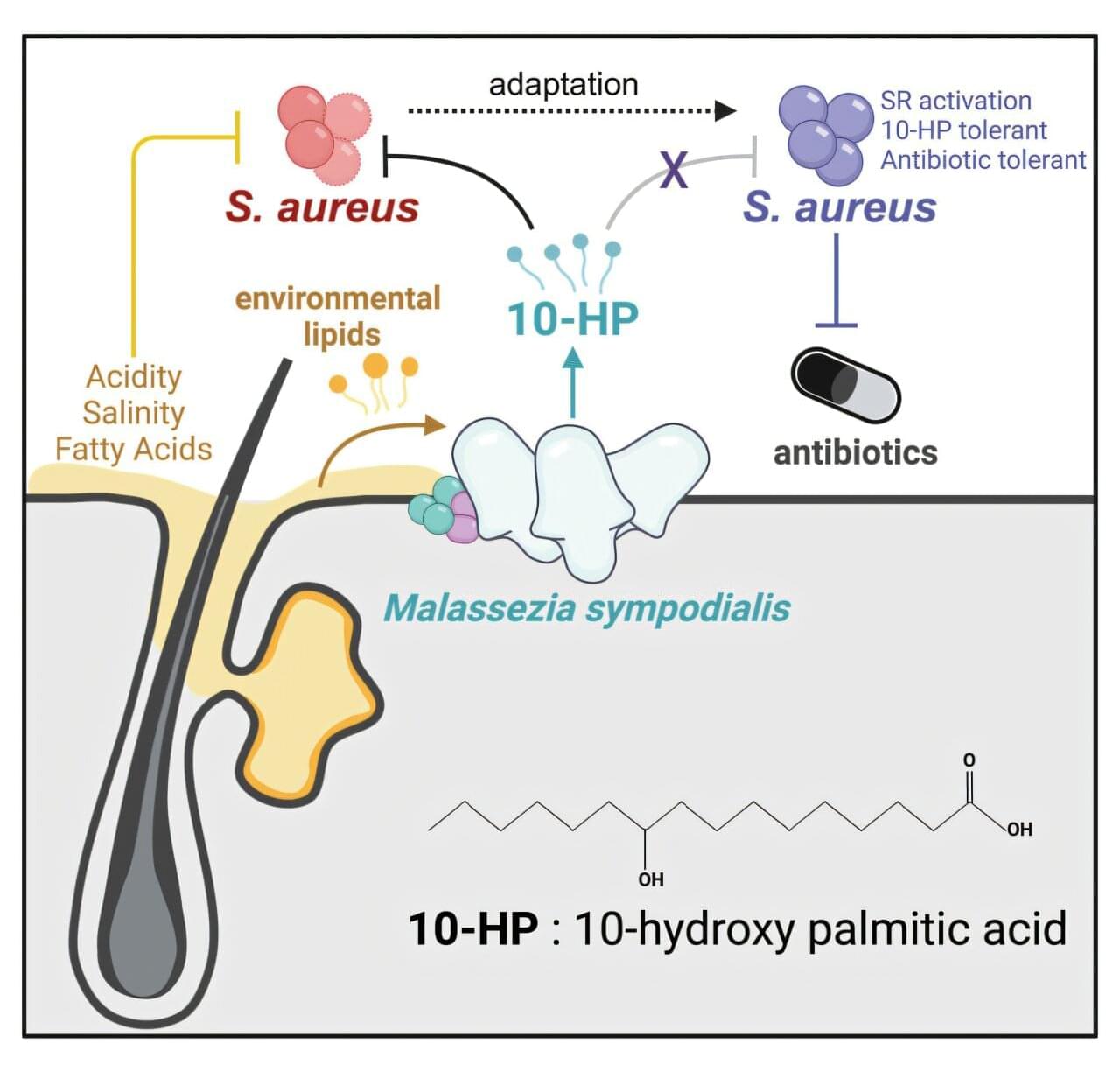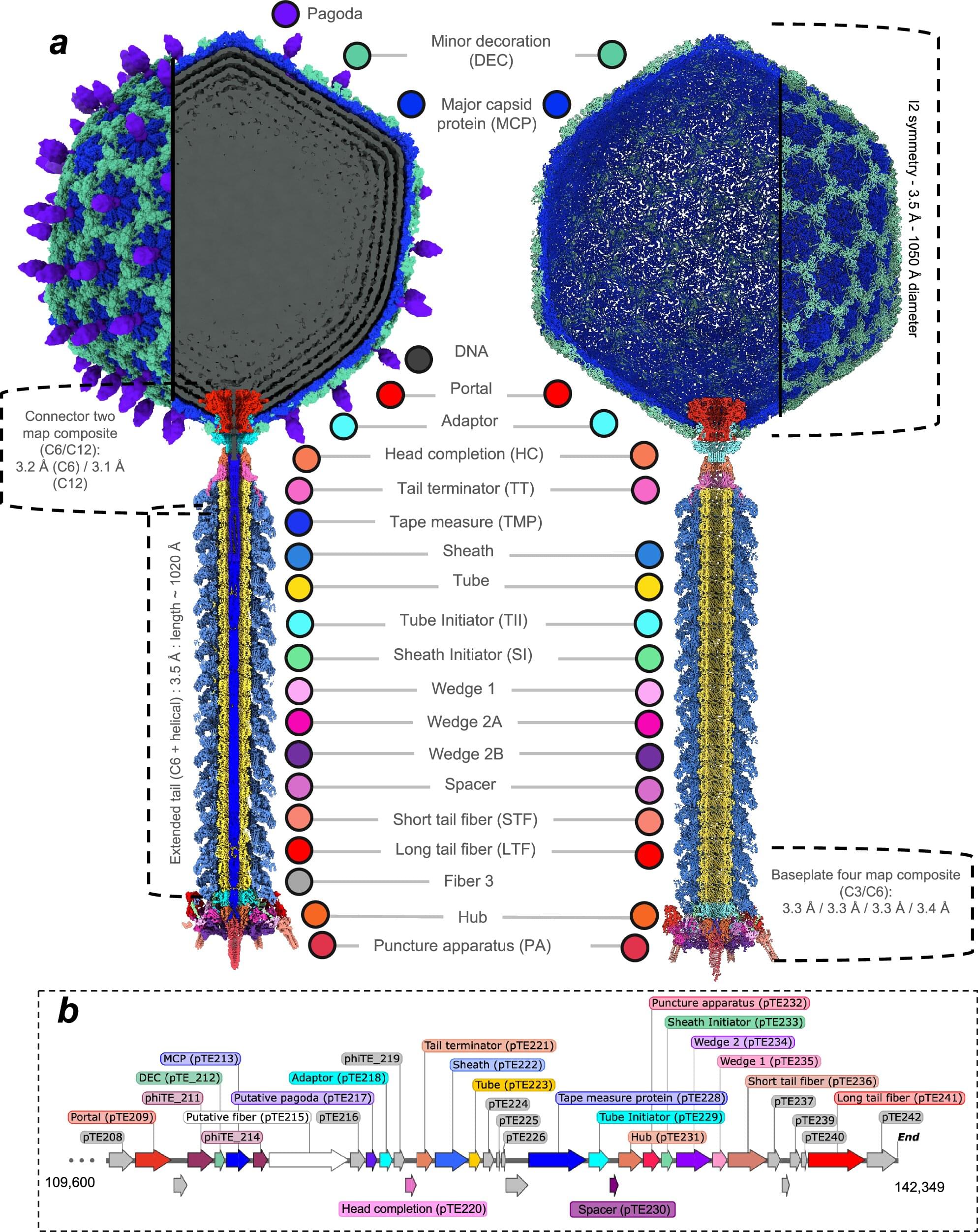The evolution of wireless communications and the miniaturization of electrical circuits have fundamentally reshaped our lives and the digital landscape. However, as we push toward higher-frequency communications in an increasingly connected world, engineers face growing challenges from multipath propagation—a phenomenon where the same radio signal reaches receiving antennas through multiple routes, usually with time delays and altered amplitudes.
Multipath interference leads to many reliability issues, ranging from “ghosting” in television broadcasts to signal fading in wireless communications.
Addressing multipath interference has long presented two fundamental physical challenges. First, multipath signals share the same frequency with the main (leading) signal, rendering conventional frequency-based filtering techniques ineffective. Second, the incident angles of these signals are variable and unpredictable. These limitations have made passive solutions particularly difficult to implement, as traditional materials bound by linear time-invariant (LTI) responses maintain the same scattering profile for a given frequency, regardless of when the signal arrives.
